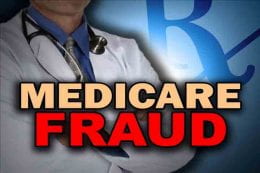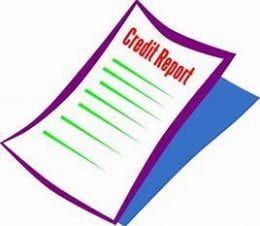Scammers are taking advantage of the coronavirus pandemic by using telemarketing calls, text messages, social media platforms, and door-to-door visits to perpetrate COVID-19 related scams.
Con artists may also try to get Medicare numbers or personal information so they can steal identities and commit Medicare fraud.
Medicare covers the COVID-19 vaccine so there will be no cost to you.
- You will need to share your Medicare card with your health care provider or pharmacy when receiving the vaccine.
- If anyone else asks you to share your Medicare number or pay for access to the vaccine, it is probably a scam.
- Don’t share your personal or financial information if someone calls, texts, or emails you promising access to the vaccine for free.
Guard your Medicare card like it’s a credit card.
- Medicare will never contact you for your Medicare number or other personal information unless you’ve given them permission in advance.
- Medicare will never call to sell you anything.
- You may get calls from people promising you things if you give them your Medicare number. Don’t do it.
- Medicare can’t enroll you over the phone unless you called first.
Be sure to review your Medicare claims and Medicare Summary Notices for any services billed to your Medicare number that you don’t recognize.
By: Brenda Langdon






